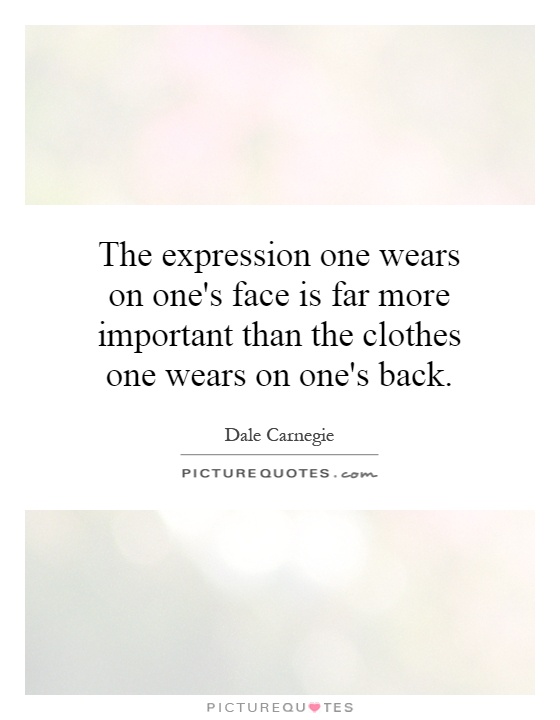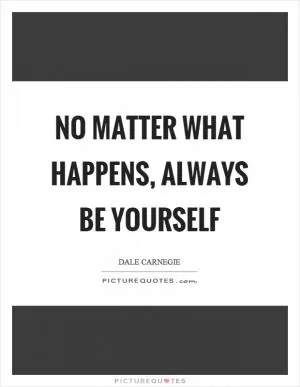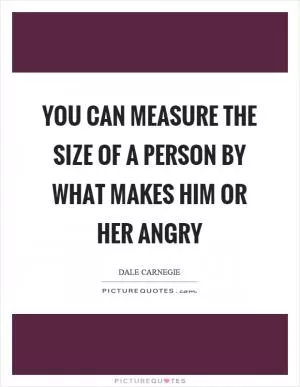The expression one wears on one's face is far more important than the clothes one wears on one's back

The expression one wears on one's face is far more important than the clothes one wears on one's back
Dale Carnegie, the renowned author and self-improvement guru, believed in the power of positive thinking and the impact it can have on one's life. In his book "How to Win Friends and Influence People," Carnegie emphasizes the importance of building strong relationships through effective communication and understanding. One of the key principles he discusses is the importance of the expression one wears on their face.Carnegie believed that the expression one wears on their face is far more important than the clothes one wears on their back. He understood that nonverbal communication, such as facial expressions, can convey a wealth of information about a person's attitude, emotions, and intentions. A warm and genuine smile, for example, can instantly make someone feel welcome and at ease, while a frown or scowl can create a barrier between individuals.
Carnegie's teachings on the power of a positive expression are rooted in the idea that people are drawn to those who exude warmth, kindness, and sincerity. By wearing a friendly and approachable expression, one can make a lasting impression on others and build strong connections based on trust and mutual respect. This can be especially important in social and professional settings, where first impressions can make a significant impact on the outcome of a conversation or interaction.
In the context of Carnegie's philosophy, the expression one wears on their face is a reflection of their inner thoughts and feelings. By cultivating a positive mindset and focusing on the good in others, one can naturally project a welcoming and engaging expression that draws people in. This can lead to more meaningful relationships, increased opportunities for collaboration and success, and a greater sense of fulfillment in both personal and professional life.












 Friendship Quotes
Friendship Quotes Love Quotes
Love Quotes Life Quotes
Life Quotes Funny Quotes
Funny Quotes Motivational Quotes
Motivational Quotes Inspirational Quotes
Inspirational Quotes